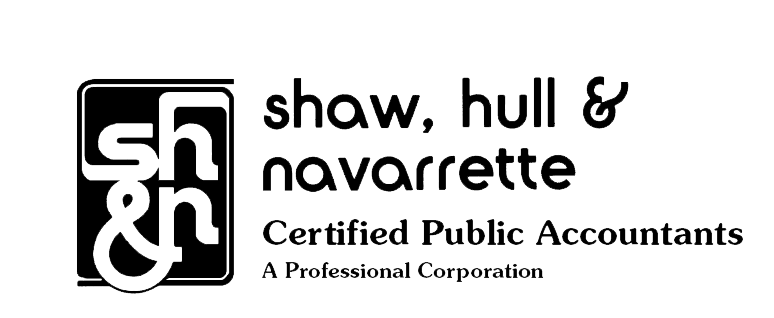Are you maximizing your compensation?
If you work for a company that offers a 401k or similar plan it may offer an employer match. If your employer offers a full or partial match you should contribute at least enough to make sure that you get all of the dollars your company offers. By not making sure you max out the company offer you are leaving free money on the table and turning down part of your compensation package.
For example: Sarah earns $50,000 a year and her company offers a 401(k) with a full company match up to 6% of salary. Sarah should contribute at least $3,000 (6% of her salary) to her 401(k) to entitle her to a matching $3,000 from her employer.
Many companies now offer automatic enrollment retirement plans. Under these plans eligible employees are automatically enrolled in the plan. Employees can then select the percentage they want to contribute or choose to opt out of the plan. In the most common arrangements the plans require the employer to make a match of either A) 100% of an employee’s compensation up to 1% and a 50% matching contribution for the employee’s contribution above 1% of compensation and up to 6% of compensation; or B) a non-elective contribution of 3% of all employees eligible to participate in the plan, including those who choose to opt out.
Although automatic enrollment plans can be expensive for the employer, they often meet safe harbor provisions that exempt the plan from annual discrimination testing. This may allow key employees and business owners to contribute more to the plan than they would be allowed otherwise. Having a retirement plan also offers intangible benefits to the employer. These benefits may include the ability to hire and retain desirable workers and the satisfaction of providing their employees with increased retirement security.
To find out more about using a 401k to maximize your compensation, please Contact Us

